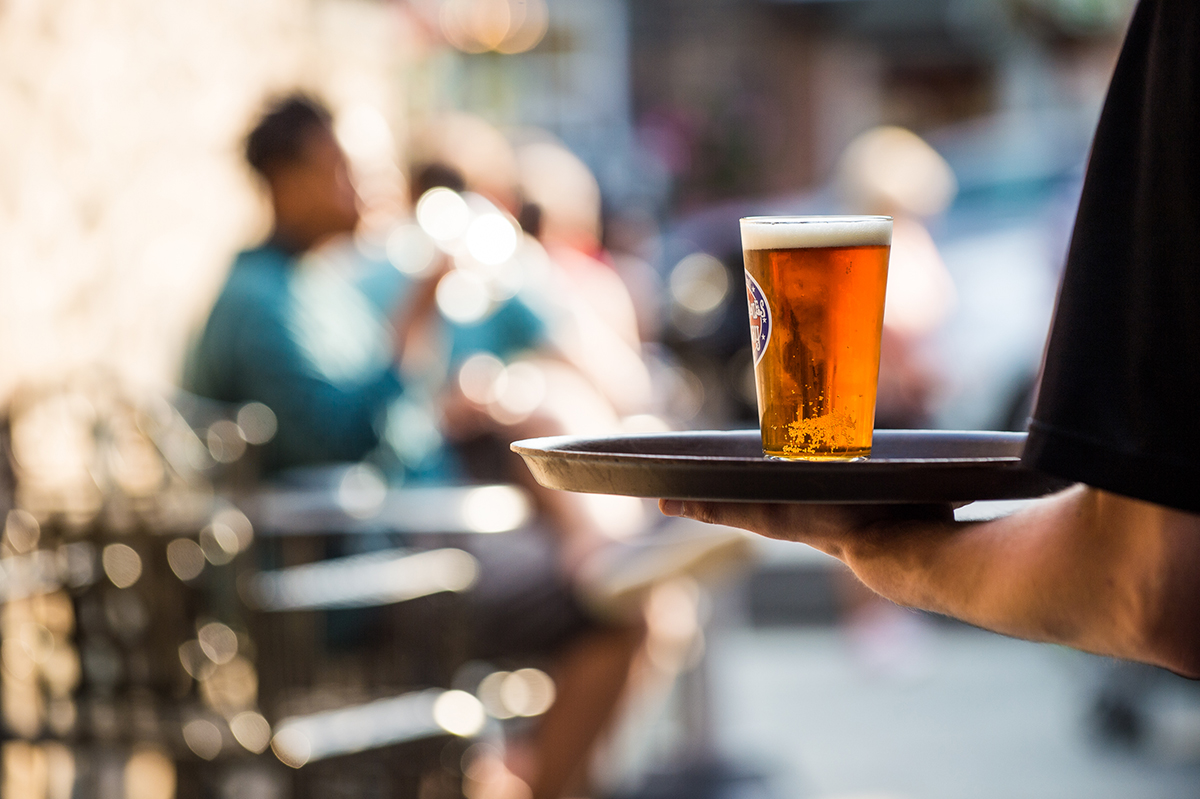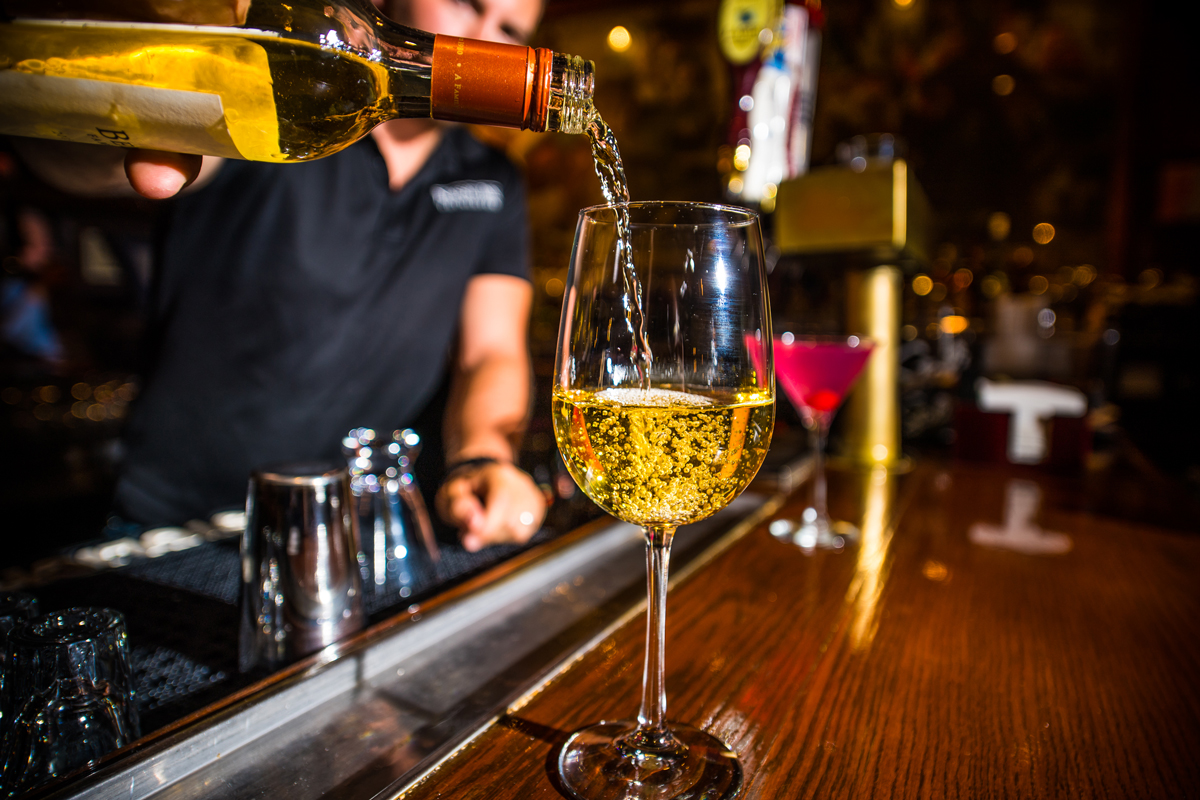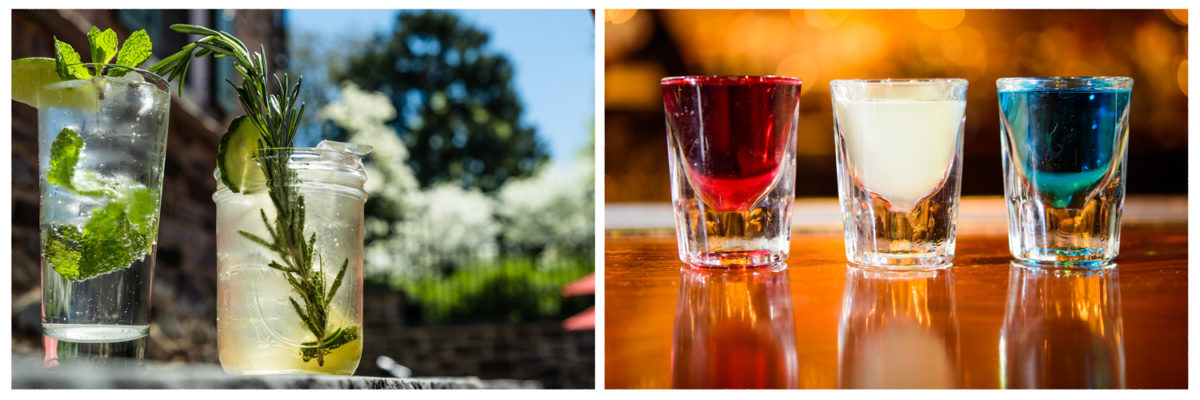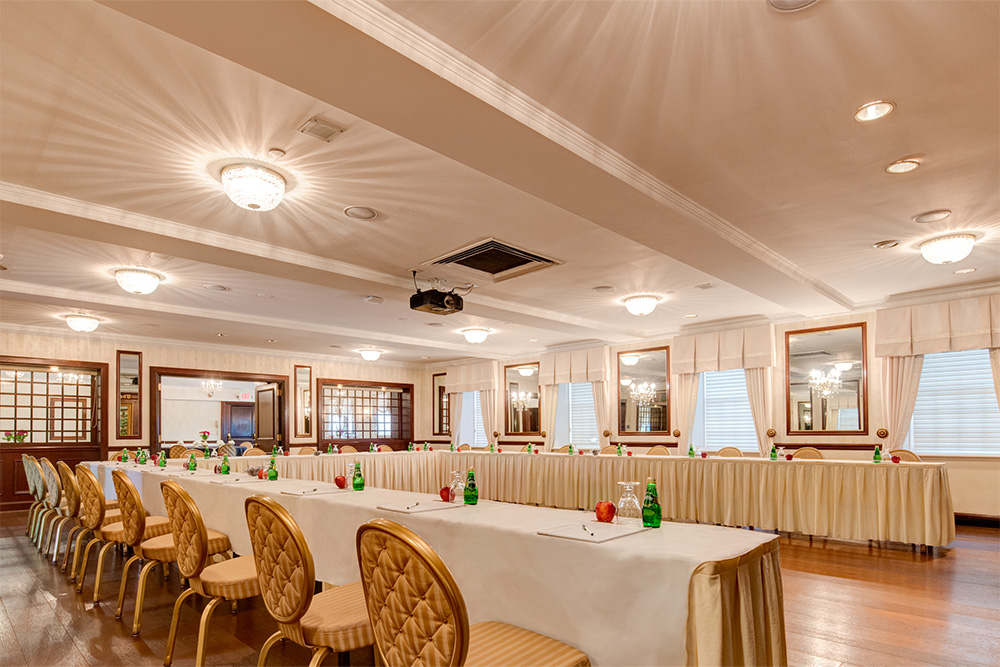Raise A Glass
The History of Alcohol in Early America
Imagine an alternate universe where alcohol was never discovered. Homer Simpson might enjoy a fruit salad from time to time. Tyrion Lannister might have said, “I knit and I know things”. Don Draper might have been a school teacher instead of a Madman. Countless novels, paintings, cinema, songs may have never been conceived. But how did America go from drinking bland colonial ales and harsh grain liquor to the craft beer and spirit boom envied by the rest of the world? Today we’re going to discover the drinking habits of early colonial Americans.
 Americans have been throwing them back since the very first Europeans to step foot on Plymouth Rock. Although they may not have seemed like it, the Puritans loved their beer. Little known fact was the beer back then was better for you than the microbial infested water. So mom, dad and the children would drink about a quart of beer each day. Granted, the beer had less alcohol than today’s standards. Beer was important for survival in those times. In fact, it’s been speculated that rations were depleting, which forced the pilgrims to dock in what is now Massachusetts instead of continuing south.
Americans have been throwing them back since the very first Europeans to step foot on Plymouth Rock. Although they may not have seemed like it, the Puritans loved their beer. Little known fact was the beer back then was better for you than the microbial infested water. So mom, dad and the children would drink about a quart of beer each day. Granted, the beer had less alcohol than today’s standards. Beer was important for survival in those times. In fact, it’s been speculated that rations were depleting, which forced the pilgrims to dock in what is now Massachusetts instead of continuing south.
While beer was so common in the Americas, wine on the other hand was designated as upper class. Grapes in North America produced an acidic tasting wine. The harsher climates made it unsuitable for European grapes to grow so it was downright impossible to replicate the wines of Europe. So import was the only feasible option if someone wanted a little taste from home. Thomas Jefferson was one notable character who made quite a fortune in the wine import trade. Much like today, imports have a high cost coming into the states and therefore only the wealthy could afford such a luxury as rich European wine. This system remained for decades, but that all changed in 1849. The gold rush in California had people flocking to the West coast to find their fortune in gold mining. As more and more people arrived in California, it became less and less prevalent to find gold. So many 49ers turned to alternative methods of making a living. Some of these settlers took to making grapes. The soil  on the west coast made for better quality grapes and therefore better quality wine. Soon vineyards and wineries spread out across California, making wine more available to everyday people. Wine’s popularity spread across America. By the 1910s, 90% of all wine drinking America came from California and gave us the wine industry we now have today.
on the west coast made for better quality grapes and therefore better quality wine. Soon vineyards and wineries spread out across California, making wine more available to everyday people. Wine’s popularity spread across America. By the 1910s, 90% of all wine drinking America came from California and gave us the wine industry we now have today.
Wine and beer were not the only alcohol in early colonial America. While the settlers preferred their ales, our founding fathers’ libation of choice was rum. The key ingredient in rum is fermented molasses. Before that discovery, Imperial sugar refineries would dump molasses byproduct into nearby rivers and bays. By the American Revolution, the average amount consumed was 3 gallons of rum a year.
Although rum was slowly becoming America’s most popular spirit, Mad King George had other ideas. Because of the English embargoes, he made it very difficult for rum and molasses to be imported to the warring colonial states. As a result, corn from the Midwest became a dirt cheap alternative. Just like that the patriotic domestic whiskey became America’s drink of Independence. It was marketed as patriotic because it didn’t rely on imports from the West Indies.

Many people were called the legend of Johnny Appleseed. But most people don’t realize he was a real person who traveled across the colonies, establishing apple orchards. Even more people don’t know the apple trees planted were cidering apples. Ciders were considered to have medicinal qualities to them. The list of elements considered to be tempered from cider include rheumatism, fever, laryngitis, and colic. That’s right, the last one is a gastric intestinal issue in infants. Unfortunately for cider, prohibition resulted in supporters of the law known as “Drys” to dump thousands of gallons into the streets and burn cidering orchards to the ground. Even today, they still haven’t recovered because of mass extinctions of cider apple species, but we are slowly seeing a renaissance of fine cider as well as inclusion in traditional beers.
Early America saw innovations of every form. Ration shortages caused settlement, grapes being put back in the hands of everyday people, new philosophies and ideals introducing us to swashbuckling sugar ferments, American corn patriotism and a (pint of) apple a day keeping the apothecary away. America, the land of life, liberty, and the pursuit of alcohol.
About the Author
John Ryan is the beer purchaser and bartender at the Yankee Doodle Tap Room. He’s been mixing it up for 10 years. Check him out every Monday, Thursday, Friday, and Saturday and order a beer from the man himself!




